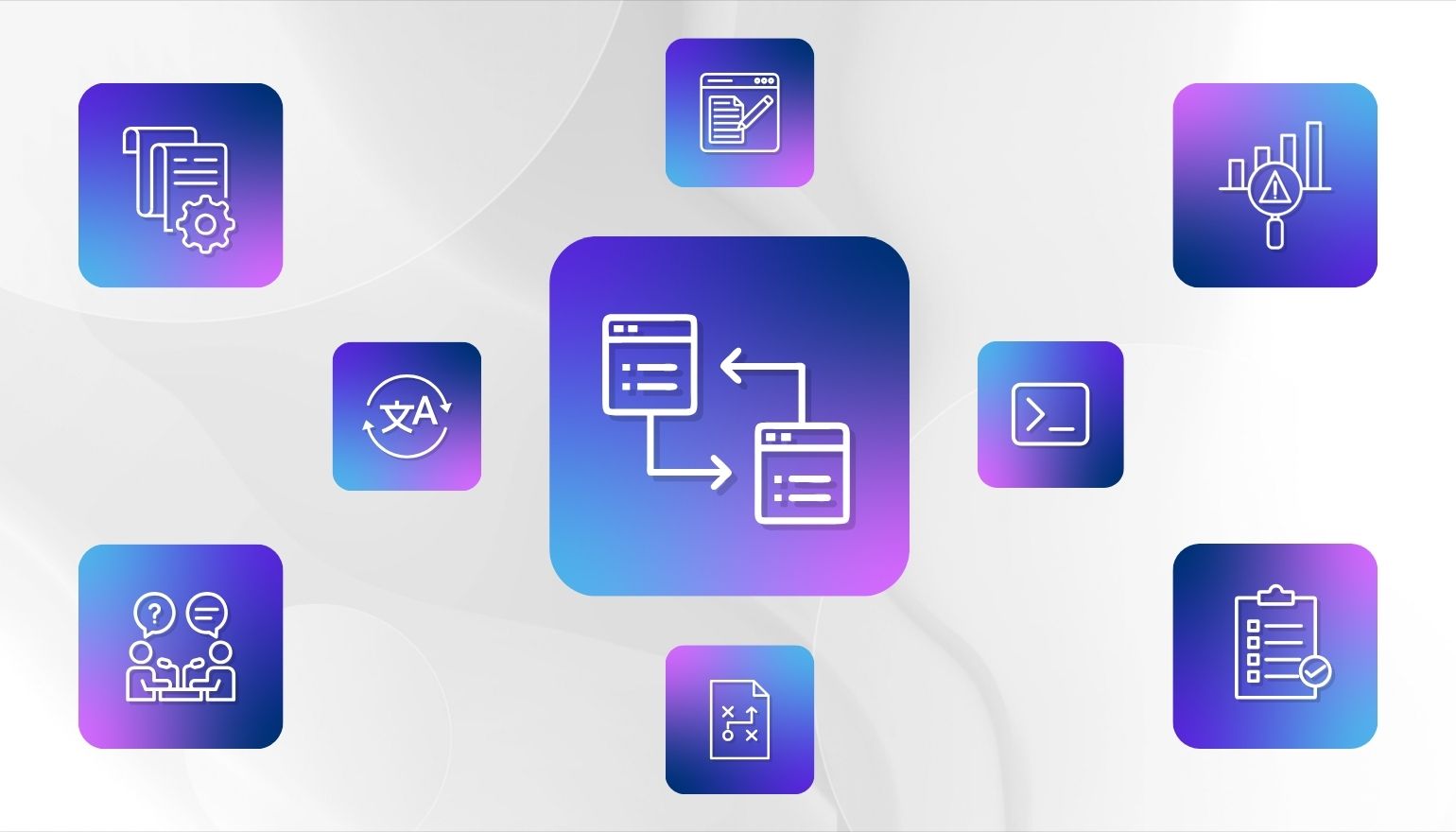
Blog
DMS Blog Series, Part 2 of 5: Why do you need a DMS?

In part one of this blog series, we answered the question, “What is a DMS?” But why do you need one? Surely some of the benefits of having fully digitized, organized documents that you can access from anywhere are obvious—but there are still more to consider.
Here are a few of the key benefits that law firms and legal teams can gain from a cloud-based document management system.
Manage Internal Costs
Using cloud-based document management software allows organizations to reduce costs associated with physical document management, including paper, printing, and document storage space costs, which cost a firm an average of $50-90 per square foot. And, that’s not counting the time-consuming labor needed to file and store all of those documents—labor that is significantly reduced with paperless, digital document management.
Compared against an on-premises system, a cloud-based DMS also eliminates the need for firms to purchase and maintain hardware, and reduces the strain on IT resources because those physical resources are managed almost entirely by the cloud provider.
Increase Productivity
A cloud-based DMS helps law firms save time and increase productivity. Document management can have workflow challenges, which are only exacerbated with physical, paper documents. These challenges can cost over 20% of the firm’s overall productivity.
Rather than tracking down existing business documents by digging through a filing cabinet or a cumbersome legacy filing system with poor search capability, staff can quickly and effectively search for and retrieve the right document they need because it’s all in one place. In addition, key features like version control, optical character recognition(OCR)and automatic backups can also help reduce human error and redundant work.
Similar benefits come when the document management system is integrated with other specialized business processes and applications. Instead of tracking back and forth between apps, they can communicate seamlessly with each other to keep everything—and everyone—in sync.
Robust DMS’s also support secure, real-time collaboration between internal and external stakeholders. By simplifying communication and making information readily available, team members can share documents and are able to work faster and more effectively.
Streamline Security and Compliance Operations
Managing data security can be an enormous strain on IT resources. In the legal world, security is critical to maintaining what may well be the most basic tenant of the legal profession: confidentiality. And that’s just the tip of the iceberg when it comes to a breach of confidentiality, which may also cause legal or regulatory violations, ethical violations, disclosure of restricted data, monetary loss, and more.
However, when archiving important documents in a single, secure location like a document management system, it’s much easier for IT and compliance professionals to protect critical documents and mitigate internal and external risks to the firm. There are fewer systems to manage, and the DMS provider may even improve a firm’s security posture.
For example, with a cloud-based DMS, the cloud provider can help the firm execute on compliance requirements by staying up-to-date with current regulations and pivoting quickly to protect against new security threats. Tools like document encryption, user access controls, version history, and disaster recovery. help firms guard and direct the flow of sensitive information throughout the firm. If you choose to use a cloud-based DMS, be sure to conduct proper diligence to make sure your provider is meeting the standards you need.
For the Firm and Its People
In addition to the financial, security, and productivity benefits, a cloud-based DMS solution has numerous benefits for the individual user as well.
For starters, doing legal work in an electronic document management system is simply easier and more convenient—particularly when those systems are designed with legal professionals in mind. You’re no longer swimming upstream with a challenging, disorganized, or outdated system.
Cloud-based document management systems also support freedom, flexibility, and work-life balance by reducing administrative tasks and making it possible for team members to work remotely with ease. Along with that comes professional growth as you’re able to spend more time on the work that’s most important and rewarding.
A Win-Win for Everyone
The benefits of document management solutions, particularly one that’s cloud-based, encompass not just the firm but the individuals who use it as well. Each of these benefits ultimately support the bottom line by making the firm more productive, more secure against threats, and more cost-effective. And let’s not forget one last benefit: the peace of mind that comes with it all.
Now that you understand the benefits of a DMS, learn how to plan for a successful implementation in part 3 of our blog series: DMS Change Management.
More from the blog
-

- Blog
NetDocuments Wins Practice Management Innovation Award at 2025 Legalweek Conference
NetDocuments is proud to announce a new accolade for our intelligent…
-

- Blog
Ready-to-Go AI Apps for Legal Use Cases Available Now in the New ndMAX Studio
Legal professionals are looking for smarter, faster, secure ways to harness…
-

- Blog
AI-Driven Legal Tech Trends for 2025
With 79% of law firm professionals now incorporating AI tools into…
-

- Blog
Convincing Corporate IT That Legal Really Is Different: Making the Case for Corporate Legal Department Software
Explore the unique challenges legal operations leaders face in advocating for…
netdocuments


